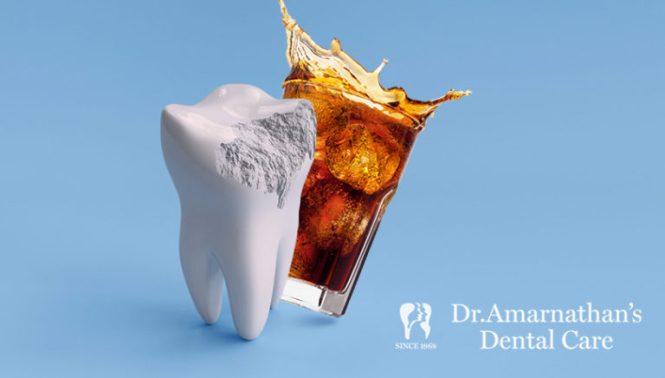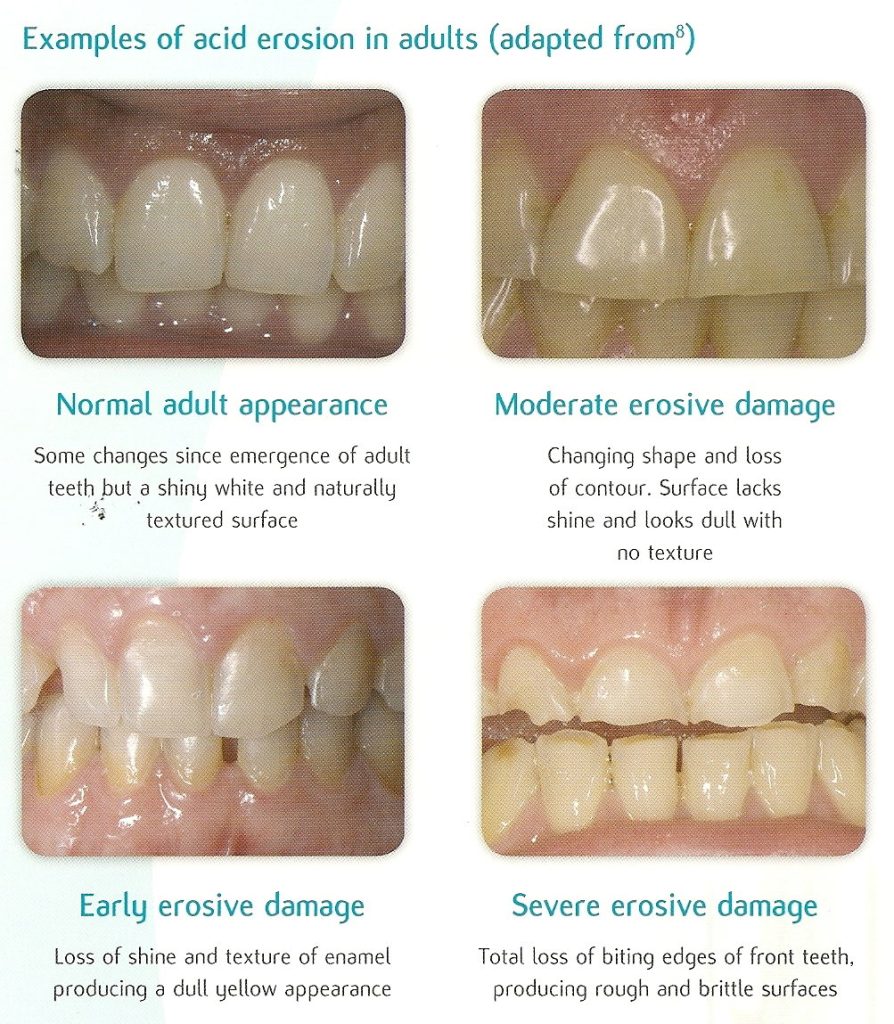

Dental care for tooth erosion is a crucial aspect of maintaining oral health. Constant exposure to acidic foods and drinks can lead to significant enamel damage, potentially impacting long-term dental well-being. Understanding the causes and effects of erosion and implementing preventative measures is essential for protecting your smile. This article explores strategies to combat tooth erosion by addressing the effects of acidic foods, offering actionable advice, and outlining a comprehensive approach to enamel protection. We’ll delve into the science behind enamel erosion, highlight effective strategies, and present dietary recommendations. This article provides you with a structured guide to understanding and combating enamel erosion through informed choices.
Understanding Tooth Enamel Erosion
The Science Behind Enamel Degradation
Tooth enamel, the hard outer layer of your teeth, is remarkably resilient but susceptible to damage from prolonged exposure to acidic substances. When the pH of your mouth drops below a critical level, it creates an environment that can dissolve tooth enamel. This process, known as enamel erosion, can lead to pain, sensitivity, and even structural damage. The acid content in various foods and beverages plays a pivotal role in this process. Frequent consumption of acidic foods and drinks significantly increases your risk of erosion. Acidic substances such as citrus fruits, sodas, and processed foods can weaken the protective layer, making teeth more vulnerable to cavities and other dental issues.
Identifying Acidic Culprits
Common Foods and Drinks that Harm Enamel
A wide range of foods and drinks can contribute to enamel erosion. Citrus fruits, like lemons and oranges, are notorious for their high acidity. Carbonated drinks, especially sodas and juices, are also significant culprits. Processed foods, many sweetened beverages, and even some types of vinegar-based condiments contribute to the acidity levels in the mouth. Furthermore, frequent snacking or grazing on acidic foods, and even consuming these foods or drinks without sufficient water consumption can exacerbate the issue. Understanding the range of acidic substances helps identify areas where you can make proactive changes to your dietary habits.
Protective Strategies for Enamel Health
Practical Ways to Combat Erosion
Maintaining oral hygiene is essential for preserving enamel health. Brushing twice daily with fluoride toothpaste is a fundamental practice. Rinsing your mouth with water after consuming acidic foods and drinks can help neutralize the acidic environment. Chewing sugar-free gum, especially after meals or snacks, can stimulate saliva production and help wash away acids. Saliva plays a vital role in remineralizing enamel, thus helping in the restoration process. By incorporating these simple habits, you can contribute to a stronger, more resilient enamel.
Dietary Adjustments for Enamel Protection
Choosing Foods and Drinks that Support Oral Health
Adopting a diet rich in calcium and phosphate is also crucial. These minerals are vital components of enamel and can help maintain its strength. Foods rich in calcium include dairy products, leafy green vegetables, and fortified cereals. Likewise, incorporating foods containing phosphate strengthens enamel, including nuts and seeds. Moderating the consumption of acidic foods and drinks will also have a positive impact. Consider consuming them less frequently and in smaller quantities, and always combine them with meals containing neutralizing substances.
Professional Dental Care for Comprehensive Protection
Consulting Your Dentist
Regular dental checkups are vital for early detection and treatment of enamel erosion issues. Your dentist can identify potential problems and recommend tailored solutions, such as fluoride treatments or dental sealants. They can provide a comprehensive assessment, diagnose the extent of the erosion, and suggest preventive strategies based on your specific needs.
Frequently Asked Questions
What are the long-term effects of tooth erosion?
“Tooth erosion can lead to a variety of long-term problems, including increased sensitivity to temperature and pressure. Severe erosion can cause structural damage to the tooth, compromising its integrity and increasing your risk of further dental issues. It can also affect the appearance of your teeth, leading to cosmetic concerns and requiring potential restorative procedures. Proper management of enamel erosion through conscious dietary and oral hygiene habits can prevent or minimize long-term damage.”
What foods and drinks should I avoid to protect my enamel?
“You should avoid highly acidic foods and drinks to protect your enamel. Examples include citrus fruits (lemons, oranges), grapefruits, many carbonated beverages (especially sodas), and excessively sugary juices. It’s crucial to understand that even seemingly healthy options, like fruit juices, can contribute to enamel erosion when consumed frequently. It’s important to be mindful of the overall acidity levels of your diet, not just the specific foods and drinks, to maintain a healthy enamel.”
In conclusion, protecting enamel from tooth erosion is crucial for maintaining a healthy smile. By understanding the damaging effects of acidic foods and drinks and implementing preventative strategies, you can significantly reduce your risk. The key takeaways are recognizing the culprits, choosing healthier alternatives, and prioritizing proper oral hygiene. Schedule a consultation with your dentist for personalized advice tailored to your specific needs. Visit our website for more resources and dietary tips to prevent enamel erosion and maintain optimal oral health.